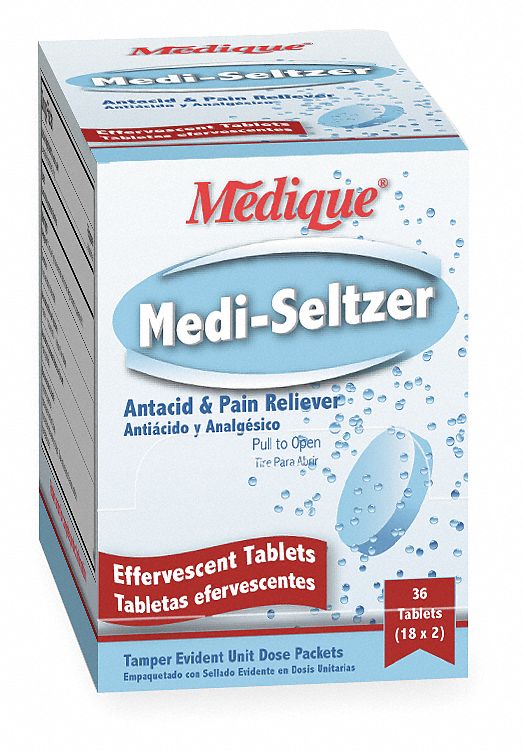
Antacids are widely utilized medications that provide relief from the discomfort of indigestion, heartburn, and gastroesophageal reflux disease (GERD). Among the plethora of options available, some individuals with sensitive stomachs may seek antacids that exclude aspirin due to potential gastrointestinal irritation or adverse reactions. This article delves into the various antacid formulations devoid of aspirin and identifies safe options for those with delicate stomachs.
Understanding the mechanics of antacids is crucial for identifying suitable products. Antacids primarily work by neutralizing stomach acid, providing rapid relief from symptoms. They comprise various active ingredients, including magnesium, calcium, and aluminum compounds. However, certain formulations may contain substances like aspirin, which can exacerbate gastric irritation, particularly in sensitive individuals.
When seeking antacids that do not contain aspirin, it is essential to categorize them into two main groups:
- Non-systemic antacids
- Systemic antacids
Each category presents its own advantages and characteristics. Non-systemic antacids primarily act locally in the gastrointestinal tract and include products such as calcium carbonate and magnesium hydroxide. Their primary advantage lies in their rapid action and localized effect, rendering these options typically safer for sensitive stomachs.
Non-systemic Antacids
1. Calcium Carbonate: This antacid is a well-known option that exerts its neutralizing effect by directly interacting with hydrochloric acid in the stomach. It is often available in pleasant flavors, making it more palatable. Known brands include Tums and Rolaids, which are commonly available over the counter. Calcium carbonate not only mitigates acidity but also serves as a dietary supplement, providing a source of calcium.
2. Magnesium Hydroxide: Found in formulations such as Milk of Magnesia, magnesium hydroxide acts in a dual capacity. It neutralizes stomach acid and functions as a laxative, providing relief from constipation—a common affliction that may accompany the use of other, more constipating antacids that rely on aluminum. Due to its dual action, it is deemed a versatile option for individuals experiencing chronic digestive discomfort.
3. Sodium Bicarbonate: Often marketed as a household remedy, sodium bicarbonate, or baking soda, effectively neutralizes gastric acid as well. It tends to act rapidly, providing immediate relief for acute heartburn episodes. However, it is prudent to limit the usage of sodium bicarbonate in those with certain health conditions, such as hypertension, due to its high sodium content.
Systemic Antacids
While systemic antacids can elevate the pH of gastric contents, care should be exercised in their use. They primarily incorporate compounds like ranitidine and famotidine, which, although not traditional antacids, can contribute to acid reduction. These agents may come without additives like aspirin, yet they function through entirely different mechanisms.
1. Ranitidine: While primarily classified as an H2 blocker, ranitidine effectively lowers stomach acid production and is usually exempt from aspirin and similar additives. Its formulations are suitable for individuals who experience frequent heartburn needing more sustained relief beyond that provided by standard antacids.
2. Famotidine: Similar to ranitidine, famotidine reduces the amount of acid the stomach produces, thereby lessening symptoms associated with gastric distress. It is advisable for patients seeking longer-lasting relief without the gastrointestinal risks posed by aspirin-containing products.
Herbal and Natural Remedies
In addition to conventional antacid options, a selection of herbal remedies offers naturally occurring solutions. While these may not fit the traditional definition of antacids, they may assist in alleviating heartburn and related symptoms. However, consultation with a healthcare professional is recommended before incorporating these remedies, particularly for those with underlying health conditions.
1. Ginger: Widely recognized for its anti-inflammatory properties, ginger can mitigate nausea and digestive discomfort. Consuming ginger tea or introducing fresh ginger into one’s diet may provide a natural alternative for those prone to stomach sensitivities.
2. Chamomile: Chamomile tea is often used for its soothing properties and may help calm the gastrointestinal tract. Its gentle nature typically renders it safe for sensitive stomachs seeking relief from acidity.
Considerations for Sensitive Stomachs
When selecting an antacid, particularly for individuals with sensitive stomachs, it is imperative to also consider potential side effects and interactions with other medications. Consulting a healthcare professional is advisable to ensure that choices align with personal health circumstances. Moreover, factors such as dietary habits and lifestyle adjustments can also contribute significantly to reducing heartburn episodes.
Ultimately, identifying antacids devoid of aspirin serves to facilitate a more conscientious approach in treating gastrointestinal discomfort. Whether through non-systemic options like calcium carbonate and magnesium hydroxide or systemic alternatives such as ranitidine and famotidine, individuals can find solace in various formulations tailored to their specific needs. Emphasizing awareness and informed choices underscores the path to effective symptom management and improved quality of life for those with sensitive stomachs.
